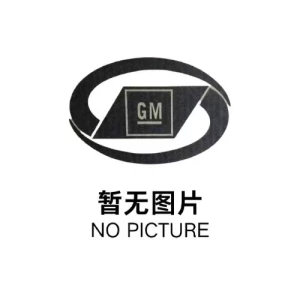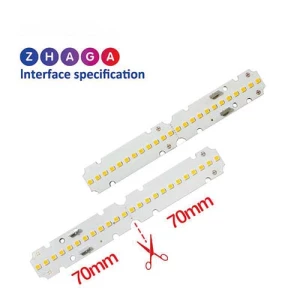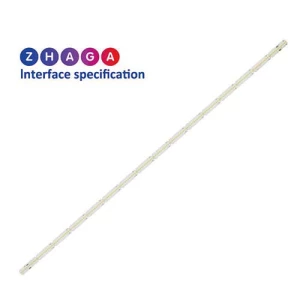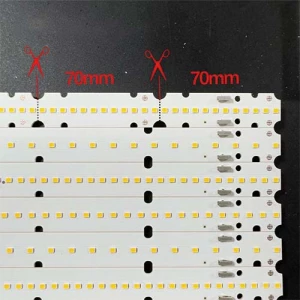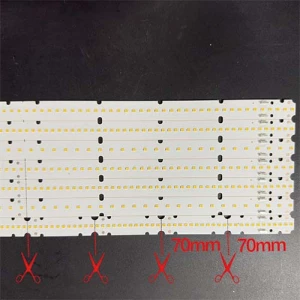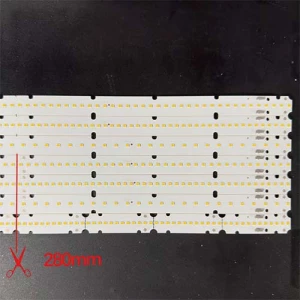Electronic Control Module: Key Insights for Buyers in 2025
In today's industrial and automotive sectors, the Electronic Control Module (ECM) plays a pivotal role in ensuring optimal performance and efficiency. Whether you're in the market for vehicle parts or industrial machinery, understanding ECMs is crucial. This guide provides actionable insights for buyers, especially those sourcing from China in 2025.
How to Find Reliable Electronic Control Module from China in 2025
Sourcing Electronic Control Modules from China requires careful consideration. Start by identifying manufacturers with ISO 9001 certification and a proven track record in ECM production. Platforms like Alibaba and Made-in-China list reputable suppliers, but always verify their credentials through third-party audits or customer reviews. In 2025, look for suppliers adopting AI-driven quality control systems, as this technology minimizes defects by up to 30% according to industry reports.
What Buyers Should Know Before Buying Electronic Control Module from China
Before purchasing, confirm compatibility with your existing systems. Request detailed specifications, including input voltage ranges (typically 9V-36V for automotive ECMs) and operating temperature thresholds (-40°C to +125°C for industrial-grade modules). Negotiate MOQs (Minimum Order Quantities) – many Chinese suppliers offer flexible terms for bulk orders. Payment terms like 30% deposit with 70% balance before shipment are standard. Always insist on a warranty covering at least 12 months.
Types of Electronic Control Module
ECMs vary by application:
- Engine Control Modules (ECM): Manage fuel injection and ignition timing
- Transmission Control Modules (TCM): Optimize gear shifting in automatic vehicles
- Body Control Modules (BCM): Handle lighting, windows, and security systems
- Industrial ECMs: Programmable logic controllers for machinery
Functions and features of Electronic Control Module
Modern ECMs offer:
- Real-time diagnostics via OBD-II ports
- Adaptive learning algorithms that adjust to driving patterns
- CAN bus communication with 1Mbps data transfer rates
- Waterproof enclosures (IP67 rating for heavy-duty applications)
Scenarios of Electronic Control Module
ECMs are indispensable in:
- Automotive: From passenger cars to electric vehicles (EVs account for 35% of new ECM demand)
- Agriculture: Precision control in tractor GPS systems
- Marine: Engine management in boats
- Construction: Hydraulic system monitoring in excavators
How to Choose Electronic Control Module
Follow this decision matrix:
- Application: Match the module type to your use case
- Certifications: Look for RoHS, CE, or automotive-grade AEC-Q100
- Connectivity Ensure compatibility with your vehicle's CAN protocol
- Supplier Support: Choose vendors offering firmware updates and technical documentation
Electronic Control Module Q & A
Q: How long do ECMs typically last?
A: Quality modules function for 7-10 years or 150,000 miles in automotive use.
Q: Can ECMs be repaired?
A: Some issues like capacitor failures are repairable, but complex IC damage often requires replacement.
Q: What's the lead time for orders from China?
A: Standard products ship in 2-3 weeks; custom configurations may take 4-6 weeks.
Q: How to troubleshoot ECM failures?
A: Start with OBD-II error codes – P0600 series often indicate ECM issues.
Q: Are aftermarket ECMs reliable?
A: Tier 1 suppliers like Bosch and Delphi offer OEM-equivalent units with 95% reliability matching originals.


